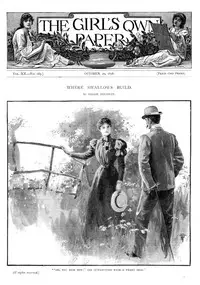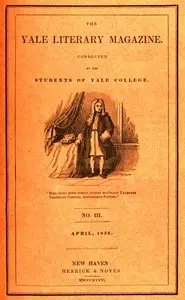"The Tales of the Heptameron, Vol. 2 (of 5)" by Marguerite, Queen of Navarre, is a historical collection of short stories written in the 16th century. This volume continues a series of narratives that delve into themes of love, fidelity, and moral dilemmas, exploring human relationships through various tales imbued with both humor and tragedy. The tales present a medley of characters, illustrating the social mores and complexities of the time. The opening of this volume introduces individuals caught in both comic and poignant situations involving love and betrayal. For instance, the first tale recounts the misadventures of a man named Bornet, who, while attempting to seduce a maid, unwittingly sleeps with his own wife instead, leading to a humorous yet tragic realization of his folly. It sets the tone for the richness of human emotion that will unfold in subsequent stories, where characters grapple with the consequences of their desires and the often ironic twists of fate. This opening offers a glimpse into the layers of moral reflection and social commentary that characterize Queen Marguerite's work. (This is an automatically generated summary.)

The Tales of the Heptameron, Vol. 2 (of 5)
By Queen Marguerite
Preceded by vol I PG#17701 and followed by vol III PG#17703
Marguerite de Navarre, also known as Marguerite of Angoulême and Margaret of Navarre, was a princess of France, Duchess of Alençon and Berry, and Queen of Navarre by her second marriage to King Henry II of Navarre. Her brother became King of France, as Francis I, and the two siblings were responsible for the celebrated intellectual and cultural court and salons of their day in France. Marguerite is the ancestress of the Bourbon kings of France, being the mother of Jeanne d'Albret, whose son, Henry of Navarre, succeeded as Henry IV of France, the first Bourbon king. As an author and a patron of humanists and reformers, she was an outstanding figure of the French Renaissance. Samuel Putnam called her "The First Modern Woman".


















